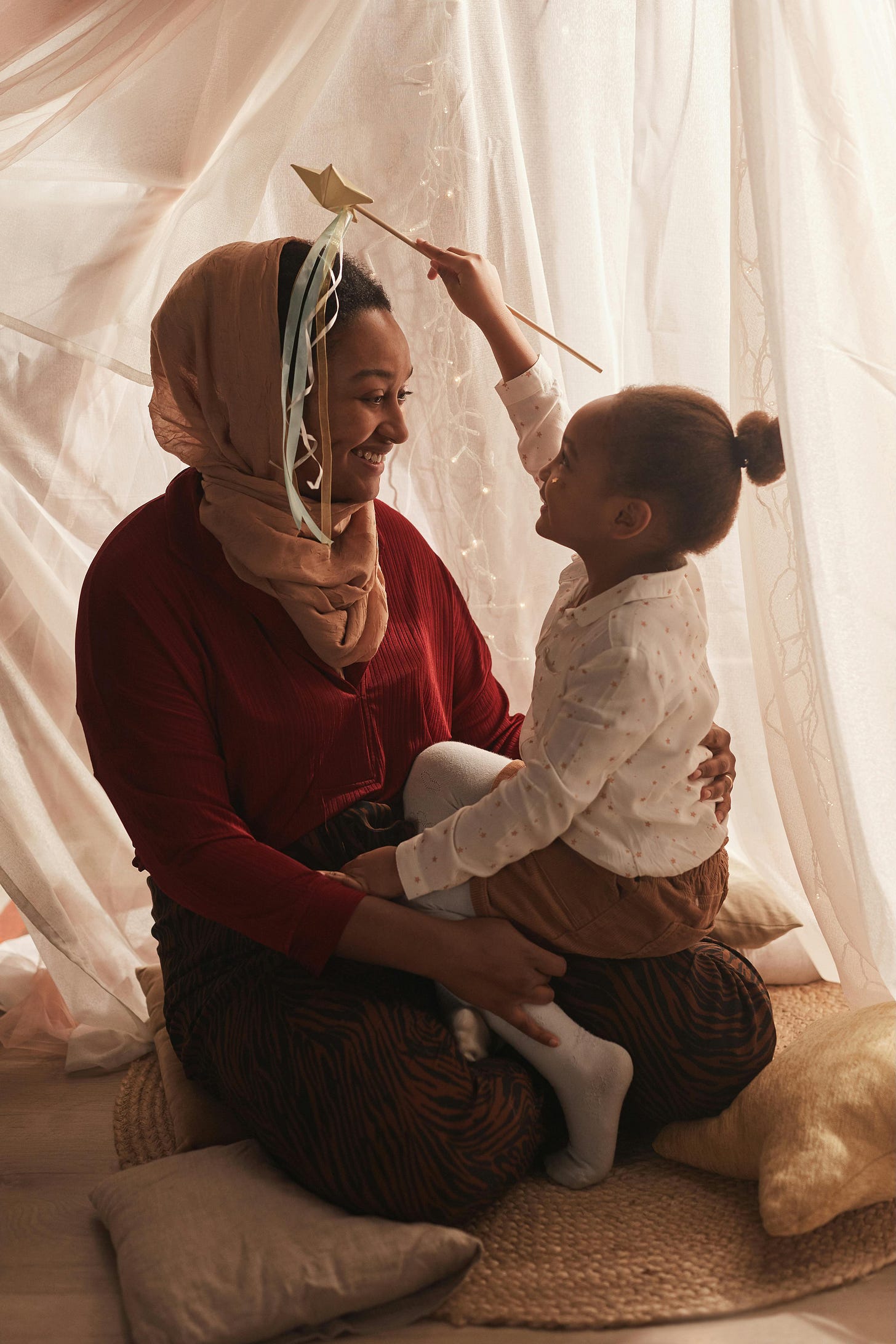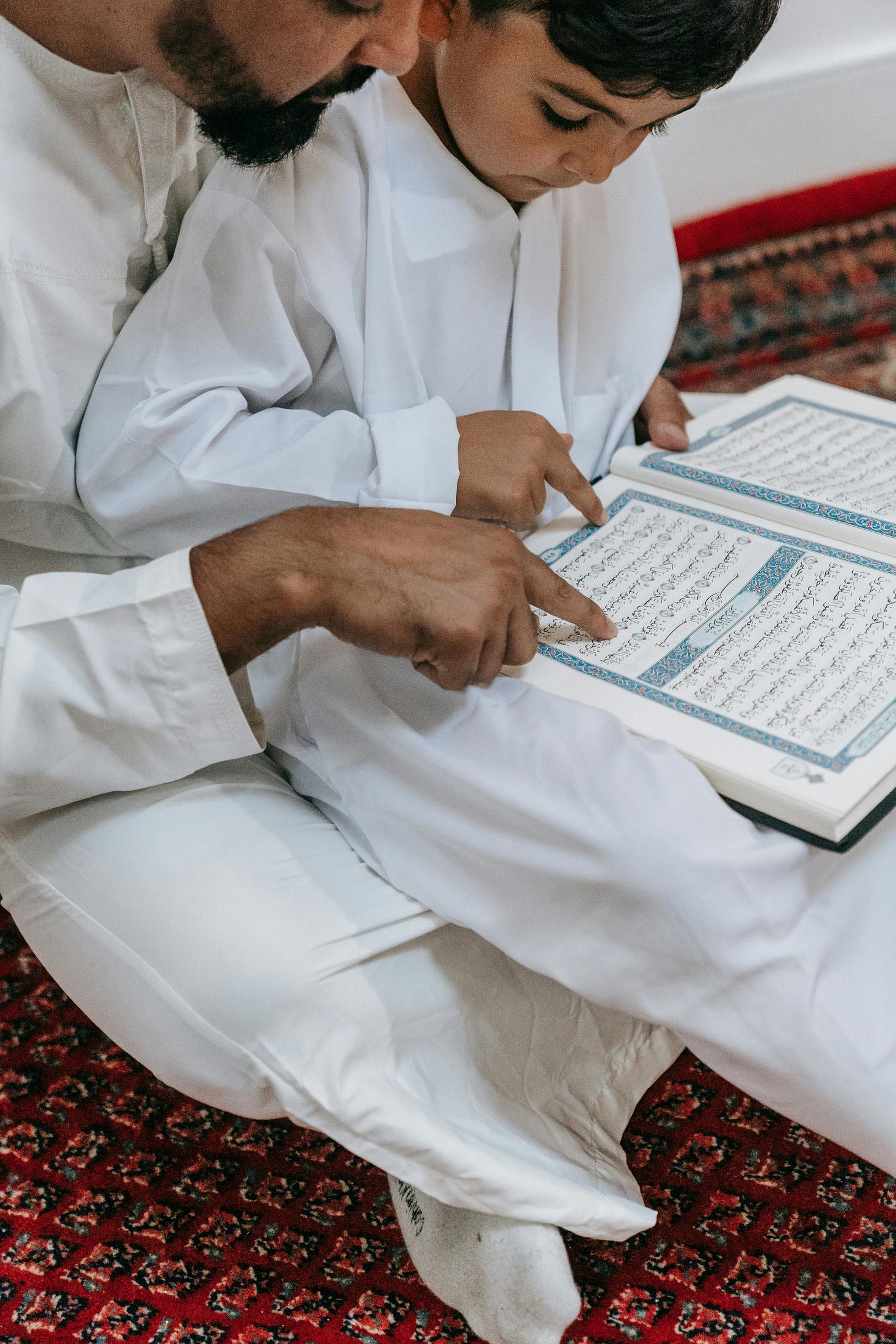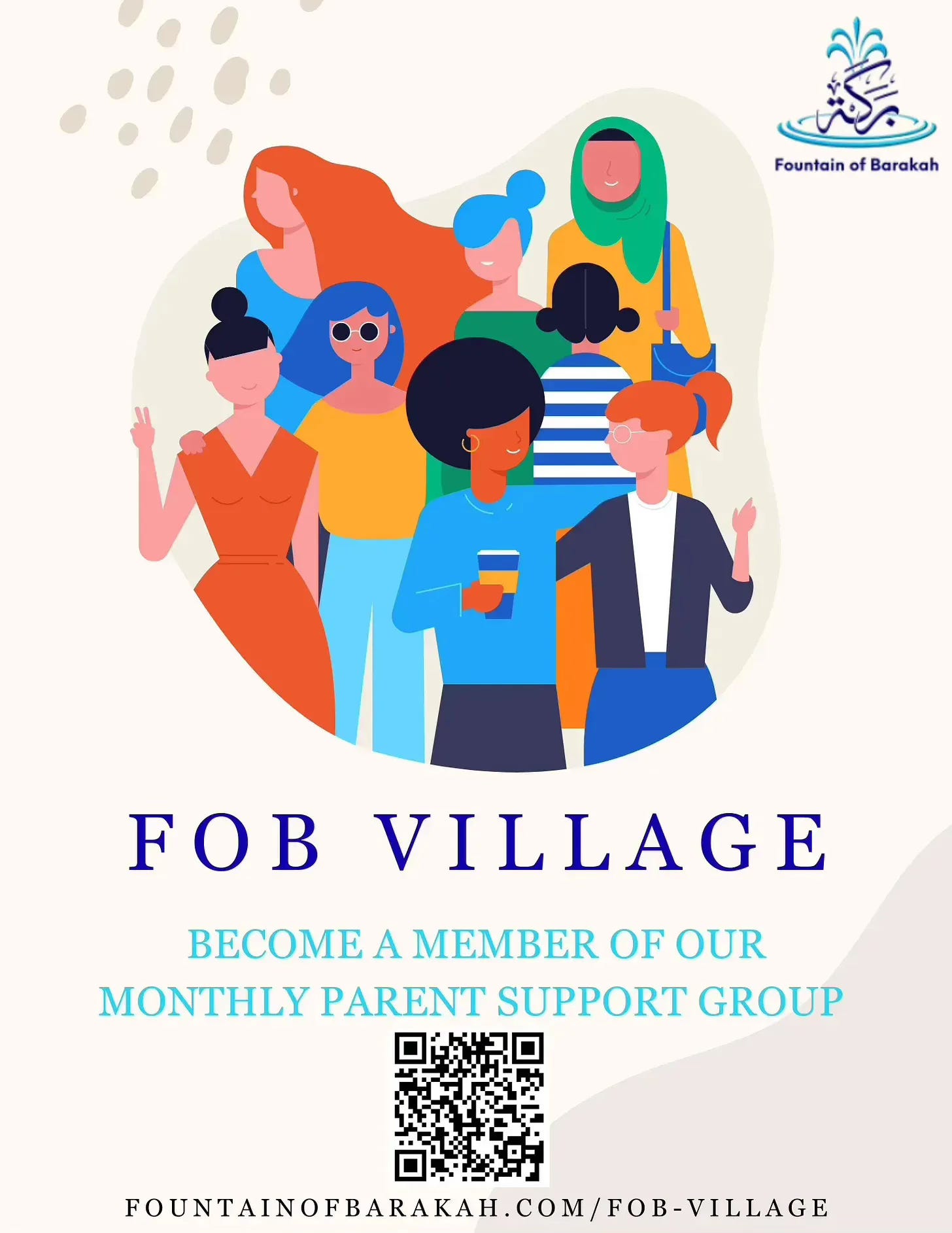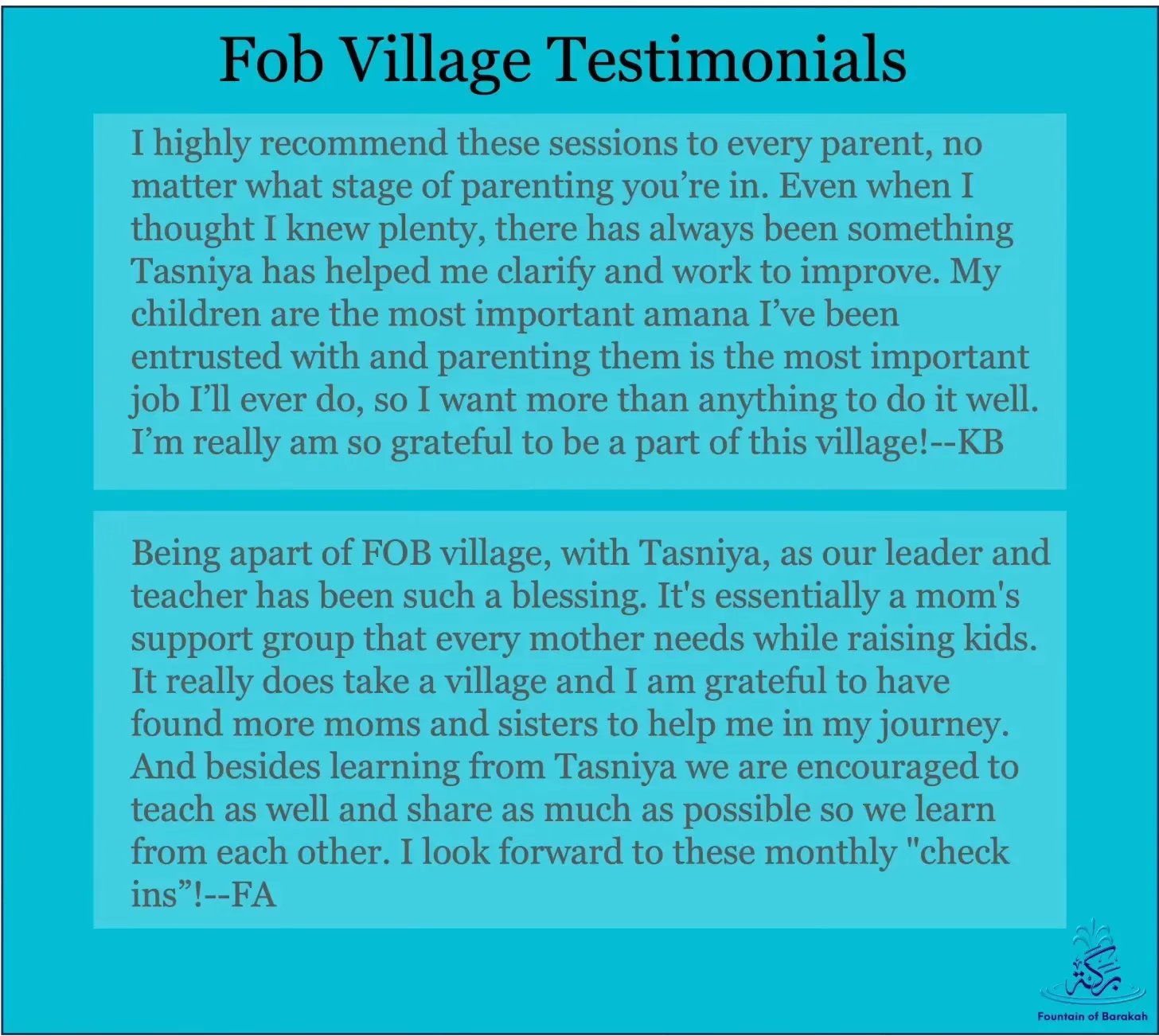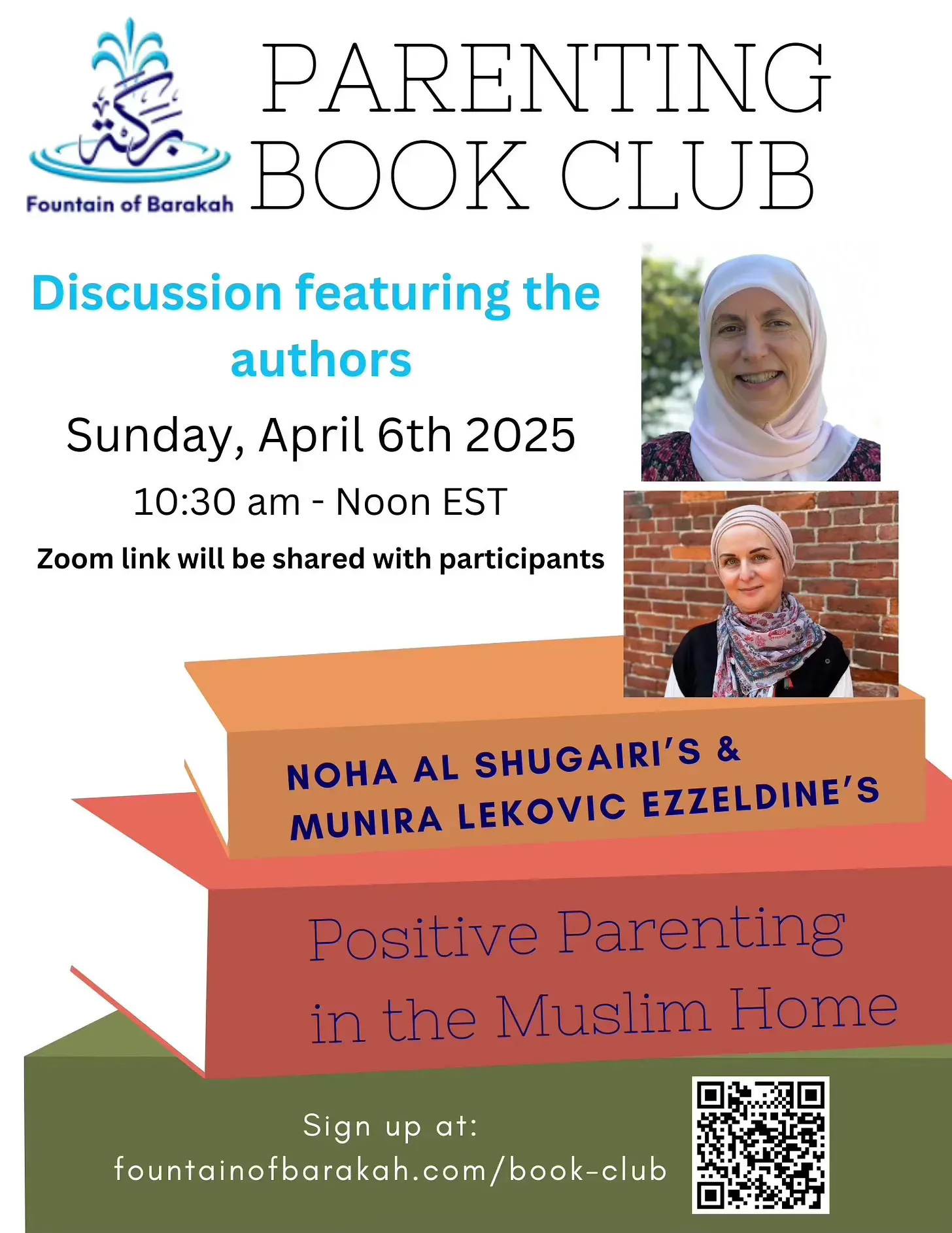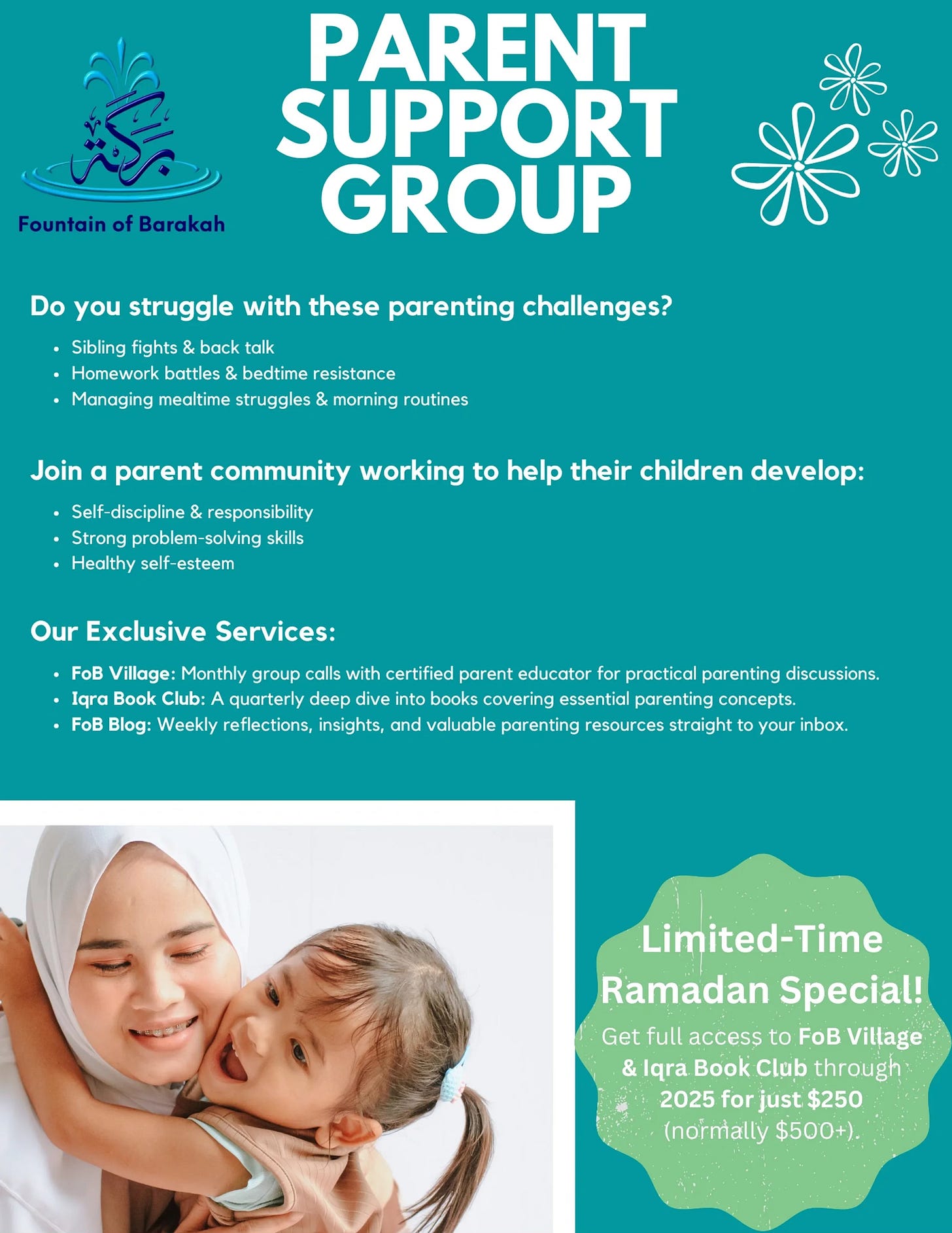The Triple-Seven Parenting Plan
Structuring our parenting priorities throughout the life of our children
As-salamu alaykum!
The last time I wrote a post was at the beginning of Ramadan, and now, in the blink of an eye, we find ourselves more than halfway through this blessed month. Anticipating the last ten nights is a poignant reminder of time’s relentless forward motion, affecting all aspects of our lives, including parenting and our relationships with our children.
Living with our children daily, we often don’t notice their constant growth until we suddenly realize that yesterday's baby—who challenged us with sleepless nights—is today’s toddler, testing boundaries and throwing tantrums. Tomorrow, insha’Allah, that same child will assert their individuality even more strongly. And in the blink of an eye, they'll grow into adults who—if we've put in the work while they're young—will, by Allah’s grace, become individuals who make us proud and still wish to maintain a close relationship with us.
This continuous evolution of our roles and responsibilities as parents is captured profoundly in a statement attributed to Ali ibn Abi Talib (radiyallahu anhu):
“Play with them for the first seven years (of their life); then teach them for the next seven years; then advise them for the next seven years (and after that)."
Parenting is a delicate balance between nurturing relationships and raising well-rounded children. Each aspect is complex enough to merit multiple discussions. Indeed, entire books have been written—often with conflicting advice—on how best to approach these parental responsibilities. Given this, let’s briefly explore how Imam Ali’s advice can inform our parenting throughout a child's life.
Imam Ali (radiyallahu anhu) advises spending the first seven years of our children's lives playing with them. This aligns with modern studies on child development that highlight play as a crucial learning method. Babies spend much time exploring their environments, discovering how their bodies and the world around them function. Parents facilitate this by providing toys such as mobiles and rattles. However, more important than learning how things work is learning how people behave, and consequently, how they themselves should behave, which children primarily learn by observing and interacting closely with their parents.
The precision in Imam Ali’s advice—to play with them—is therefore critical. During early childhood, our role as parents is not merely to occupy children with toys or distractions, but rather to be present and actively engage with them through play. Amid our busy lives, juggling multiple responsibilities, this may seem daunting. However, knowing that these critical first seven years will pass swiftly should help us prioritize this precious period.
Some parents may perceive young children who demand attention as clingy and strive excessively to foster independence prematurely. In best-case scenarios, children respond by seeking even more attention to maintain a secure bond. However, repeated instances of perceived rejection might lead children to withdraw emotionally—not because they’ve achieved true independence, but as an act of self-preservation from the pain of rejection.
Given these challenges, it’s worth acknowledging how difficult it might be to provide consistent, focused attention to children in our fast-paced society. A practical tool, explored in-depth in the fourth book of our upcoming book club, Raising Mentally Strong Kids, is scheduling intentional "special time." This involves setting aside at least 20 minutes each day for undivided, child-directed interaction. If you have multiple children, even this may seem burdensome, so consider adjusting schedules creatively to ensure each child receives regular attention. Once this expectation is established, we can gently explain to children seeking attention at inconvenient moments that we're busy now but eagerly looking forward to our special time together. Additionally, prioritizing distraction-free family meals once a day can significantly strengthen our bonds.
Other simple yet meaningful interactions include participating in their bedtime routines—like reading stories and tucking them in—or joining them for breakfast. Whenever we catch ourselves engaged in non-essential activities like scrolling through our phones or checking sports scores, let's pause and remember: soon, our children may no longer seek our attention. Investing in these moments today could nurture a relationship where, in the future, when we desire their attention, they'll happily share their time with us. Dr. Becky Kennedy, author of Good Inside: A Guide to Becoming the Parent You Want to Be, aptly states:
“The more connected we feel to someone, the more we want to comply with their requests.”
Thus, the stronger our connection with our children, the more influence we'll naturally have on them.
Moving onto the next phase of Imam Ali’s (radiyallahu anhu) guidance, from ages 7 to 14, the emphasis shifts to education. If we've laid a solid relational foundation in their early years, by Allah’s grace, we'll have cultivated a strong connection within which to teach them. Education at this stage encompasses more than academics—it includes religious teachings, values, morals, and essential life skills. Many of us delegate these responsibilities to schools, teachers, Quran instructors, or coaches. Yet, reflecting on our long-term parenting goals highlights the benefits of becoming more actively involved. Passing on our values and beliefs requires strong attachment; children naturally imitate and internalize behaviors from adults they admire. If other adults primarily shape their values, the beliefs our children absorb may differ significantly from our own.
The ultimate aim of our deep engagement during these formative years is nurturing a secure attachment, forming the foundation for all future interactions. How we respond—from comforting infant cries to managing toddler tantrums and addressing early childhood requests—teaches children about our reliability and role in their lives. As discussed in my earlier post, Boys Don’t Cry, healthy child development demands that parents (or caregivers) serve as safe havens and emotional supports, guiding children through emotional regulation until their brains mature sufficiently.
Teaching during these middle years could involve supplementing school lessons, coaching sports teams, or planning monthly parent-child outings—like walks in the park, bike rides, or museum visits. One-on-one time is especially crucial when multiple children are involved, ensuring each child experiences a unique bond with their parents. When overwhelmed, remind yourself: fourteen years of dedicated effort can yield decades of meaningful relationships and rewards, insha’Allah.
This brings us to the third phase, ages 14 onward, where our primary role transitions into advising. Advice can either be accepted or disregarded, so the strength of our relationship at this stage relies on the foundation we built during their earlier years. The secure attachments established in the first seven years, combined with the trust built through education and shared wisdom during the next seven, enhance the likelihood that our teenage children will seek and thoughtfully consider our advice. While we continue to share recreational activities and impart values, advising becomes our primary means of influencing them as they move toward adulthood.
Finally, reflecting back on my previous post describing our role as constant gardeners, we must recognize that even if we follow this plan perfectly, our adult children may still choose paths that differ from our own expectations. Yet, having established a strong foundation, we can remain hopeful that—should Allah guide them—they have a safe harbor to return to. As Ali ibn Abi Talib (radiyallahu anhu) reminds us, at this stage, our influence is limited primarily to advice, making those earlier years critical for ensuring our words carry weight.
I hope you appreciate the profound depth and wisdom embedded in just a few words from our pious predecessors. As Muslims, we are truly blessed to have access to such knowledge. In future posts, I aim to highlight more gems from that greatest generation, reflecting on their teachings and incorporating their wisdom into our parenting.
I leave you with this timely quote from the Daily Dad email I received last Wednesday, reminding us of the fleeting nature of time in our parenting journeys:
“Spring breaks open a fresh world for us. It’s longer days, warmer air, and a burst of new foliage and colors. After the long winter, we can’t wait to rush outside and enjoy it all. But in that eagerness and all those spring activities—from baseball games to camping trips—suddenly the calendar becomes so busy that we miss the gentle reminder inherent in the changing of the seasons.
Because just as the flowers bloom and trees grow, our children are growing too. As each season passes, so too has time, marching us one step closer to that inevitable day they go out on their own and leave home. Meditating on this isn’t meant to cast a shadow over the joy and lightness of spring. Rather it’s nature’s way of asking us to pause and reflect.”
Further Learning & Discussion
This week's parenting resource recommendation is Children Around the Prophet: How Muhammad Raised the Young Companions by Hesham Al-Awadi. The book provides insightful examples of how Prophet Muhammad (peace and blessings be upon him) interacted with children—lessons we can emulate in our parenting journeys.
Fountain of Barakah offers monthly group coaching sessions through Fob Village. If you feel alone in your parenting journey and would like the support of a virtual village of mindful parent, I highly encourage you to join us! You’ll gain valuable parenting tools and skills to help you show up as a more confident parent and leader for your children, inshaAllah.
Check out some of the testimonials from members of the Fob Village! We can’t wait to welcome you into our community so we can grow together through our monthly group coaching sessions, inshaAllah!
Join our book club and read Positive Parenting in the Muslim Home which is full of practical advice, tips, and tools on how to parent in alignment with our beliefs and values as Muslims. As part of the book club, you will have access to an exclusive WhatsApp group where you can share your reflections and discuss topics you encounter as you read and participate in a Zoom call next month (April) with both authors of the book giving you an opportunity to directly ask them any questions that may have come up as you read. We’re personally looking forward to this discussion session and can’t wait to learn from these experts in the field of positive parenting, inshaAllah!
Sign up for the Ramadan special to access the 2025 monthly coaching calls and book club for only $250 for the year.
If you’d like to learn about our other services, please check out our website.
As an Amazon Associate I earn from qualifying purchases.





